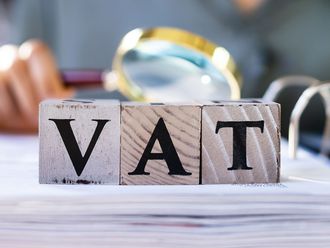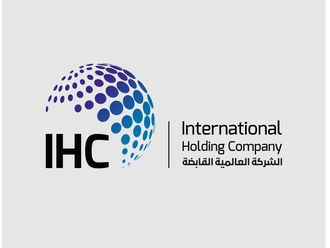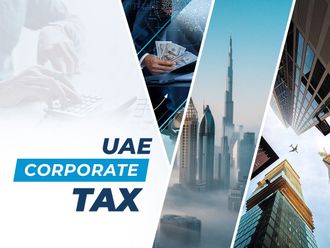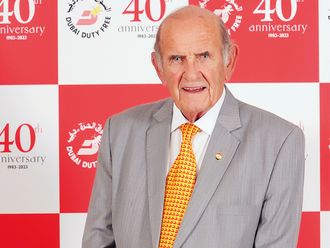His Highness Shaikh Mohammad Bin Rashid Al Maktoum, Vice-President and Prime Minister of the UAE and Ruler of Dubai, recently announced the establishment of an industrial coordination council made up of 13 federal and local bodies. The entity is to upgrade the industrial sector and boost its contribution to gross domestic product (GDP).
Shaikh Mohammad highlighted the importance of the sector as an essential component needed to diversify sources of national income. The move is unique for its comprehensiveness as it will bring together many federal and local bodies, lay down the foundations of economic diversification, develop the industrial sector and build on the significant diversification achieved over past years.
The approach, undoubtedly, marks a quantum leap to support the move to cut reliance on oil by 20 per cent within the next five years compared to 30 per cent currently. This will make the economy more resilient in coping with oil price fluctuations and establishing a solid ground for stability and prosperity.
Strong will
As per the data attached to the announcement, the end goal of the new council is to increase growth of the industrial sector by 15 per cent within the next five years so as to raise its contribution to the GDP to Dh400 billion by 2021 compared to Dh220 billion last year.
It will also boost the industrial sector’s contribution to manufacturing from 13.7 per cent of GDP to a significant percentage that might exceed that of oil’s 20 per cent by 2021, a unique achievement.
The UAE, in fact, has a strong will to bring about diversification as it has already gone through a similar experience.It managed to bring down oil’s contribution from 60 per cent three decades ago to 30 per cent right now and reduce its contribution to Dubai’s GDP by 5 per cent as well. The UAE thus has the foundation to accomplish the diversification.
First, the UAE enjoys a state-of-art infrastructure that helps develop so many non-oil sectors, especially industry, tourism, trade, transportation and financial services. The country has already developed and stepped up their reach in recent decades.
Licensing
Second, the UAE has flexible regulations as well as facilities by which to issue licenses or implement procedures to make it happen quickly.
The UAE is also steadily moving towards a full transformation to smart government systems in various areas including those related to investment and business, which gives the UAE precedence over many other countries.
Third, the UAE’s non-oil economic sectors are fully integrated. Transportation and business, for example, provide an enabling environment for manufacturing and tourism and also for the development of retail sector and services.
These factors lay down solid foundations for the UAE’s strategic approach, which aims to develop non-oil sectors and grant it a high credibility. This results in attracting more local and foreign investments by boosting confidence with the UAE’s approaches to diversify sources of income.
Social stability
The latest approaches are expected to further boost economic growth, create greater diversity, provide new job opportunities and enhance economic and social stability. This will propel the UAE to greater heights through a development experience that is worthy of consideration and being a role model, particularly for oil producing ones.
Dr Mohammad Al Asoomi is a UAE economic expert and specialist in economic and social development in the UAE and the GCC countries.












